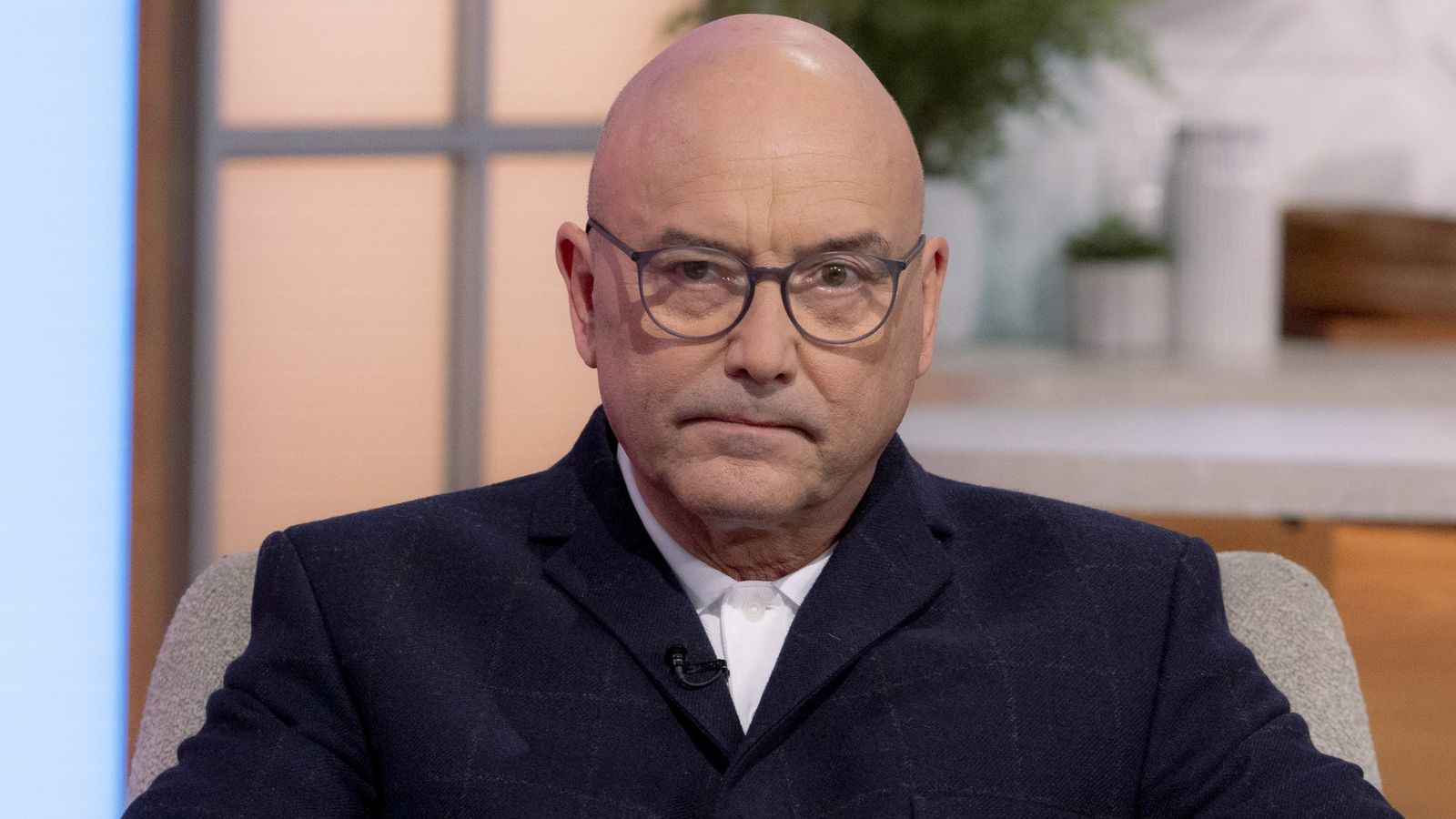When public figures like Gregg Wallace dismiss harassment allegations, what message does it send to employees experiencing similar issues in their own jobs?
Gregg Wallace’s response to accusations of inappropriate behaviour has ignited widespread backlash and raised serious questions about workplace culture and accountability. The allegations against the MasterChef presenter include inappropriate sexual jokes, undressing in front of female colleagues, standing too close to women, and asking for their phone numbers. Yet, Wallace’s dismissal of the accusations as coming from “a handful of middle-class women of a certain age” has only exacerbated the situation, illustrating the systemic challenges women face in speaking out about harassment.
Wallace, a prominent figure on television for two decades, faces allegations spanning 17 years and multiple productions. Instead of addressing these claims with accountability, his attempt to shift the narrative to a class issue has been met with fierce criticism. His comment that the complaints stem from women of a particular social and age demographic is both tone-deaf and dismissive, diminishing the gravity of the allegations and painting accusers as overly sensitive.
Wallace’s remarks drew anger from high-profile figures, many of whom called out the deeper implications of his response. Labour MP Diane Abbott remarked, “It’s not a crime to be a middle-class woman of a certain age. Back in the day [a man] could touch up women and harass women, and it was about power, really. Women weren’t in the position to do anything or say anything. He just doesn’t understand that the world has moved on.” Abbott’s comments highlight the historical normalisation of harassment and the shifting societal expectations around holding individuals accountable.
Similarly, Labour peer Harriet Harman emphasised the responsibility of older, more established women to speak out “Older, middle-class women are more able to challenge than freelance junior women. It’s our duty.” This just highlights the systemic power imbalances that prevent many women, particularly those in precarious positions, from voicing their experiences without fear of retaliation.
“Older, middle-class women are more able to challenge than freelance junior women. It’s our duty.”
Vera Baird KC, former victims’ commissioner for England and Wales, described Wallace’s remarks as “typical behaviour of a sexually predatory male. As soon as he’s criticised for his conduct, he demeans the people who are criticising him.” Baird took particular offense at his framing of the issue as a class divide, stating, “Working-class women don’t want men taking their clothes off and talking about sex in front of them either.” Her words resonate with the universal nature of the problem, inappropriate behaviour in the workplace knows no boundaries of class, age, or background.
The allegations against Wallace are part of a broader cultural issue where perpetrators of inappropriate conduct often go unchecked. Actress Emma Kennedy, who won Celebrity MasterChef in 2012, recounted her discomfort and reported Wallace’s behaviour at the time. She remarked on the enduring challenges of speaking out “If you behave inappropriately, you behave inappropriately. It’s a story as old as the tides that people who have been accused of inappropriate behaviour turn the tables on those pointing it out and try and change the narrative.”
This narrative of minimising accusations and deflecting responsibility perpetuates a culture where women are hesitant to speak up. Kirstie Allsopp, another Celebrity MasterChef contestant, detailed her embarrassment after Wallace made inappropriate remarks to her. “Why say nothing? Because you feel, in no particular order, embarrassed, a prude, shocked, waiting for a male colleague to call him out, not wanting to ‘rock the boat,’” she explained.
“If you behave inappropriately, you behave inappropriately. It’s a story as old as the tides that people who have been accused of inappropriate behaviour turn the tables on those pointing it out and try and change the narrative.”
The allegations against Wallace also reflect broader systemic failures. The BBC and other broadcasters face mounting scrutiny over how such behaviours were tolerated for so long. The corporation has a history of mishandling complaints about high-profile figures, as seen in past scandals. Baird criticised the BBC’s approach, stating, “It is shocking that repeatedly we see this kind of behaviour being tolerated by the BBC, who do seem to disregard the obligations they have to protect people who go on television.”
The power dynamics in workplaces, particularly in industries like media, exacerbate the challenges women face in reporting misconduct. Freelancers and junior staff are particularly vulnerable, often fearing that speaking out will lead to professional repercussions or being labelled as difficult. For women, the stakes are high, whether in workplaces, public spaces, or even their homes. The constant need to be on guard against harassment takes a toll on their mental and physical well-being.
Wallace’s case is not unique but emblematic of a pervasive issue. It highlights the urgent need for cultural and structural changes in workplaces. Employers must implement robust mechanisms to handle complaints effectively, protect victims, and ensure accountability. Beyond policies, there must be a shift in attitudes, where inappropriate behaviour is universally condemned and not excused as “banter” or dismissed based on the identity of the accuser.
As Abbott succinctly put it, “He just doesn’t understand that the world has moved on.” It is long past time for the world to move on from tolerating such behaviours. Women deserve workplaces and lives free from harassment and fear. Until perpetrators and complicit organisations are held accountable, this continuous cycle of abuse and dismissal will persist. Women shouldn’t have to fight for basic respect and safety, it should be a given.
If you or someone you know has experienced sexual harassment in the workplace, Ireland now has a new platform called ReportD. This initiative aims to collect data to better understand the challenges women face daily in workplaces, public spaces, and beyond, and to drive the changes needed to put an end to this persistent issue.
You can also contact Workplace Relations Commission and make a complaint.
Subscribe to The FEMCAST and help us bring these critical stories to light. Each listener, each voice, and each story makes a difference. Together, we can break the silence.
If you enjoy my content and would like to support our research and work, consider buying me a coffee. Your contribution helps me continue creating this content. Thank you for your support! Click here to support
QR Code to support








